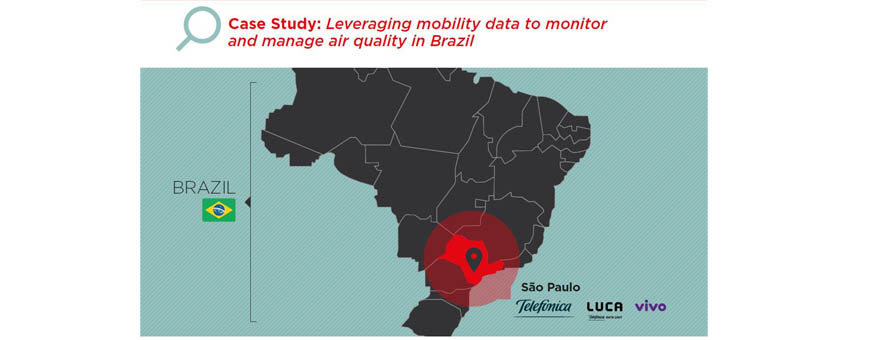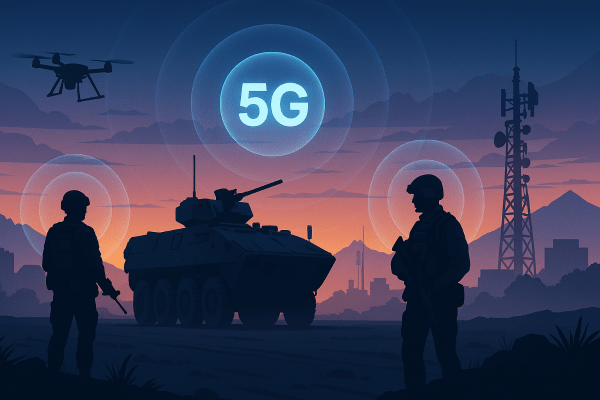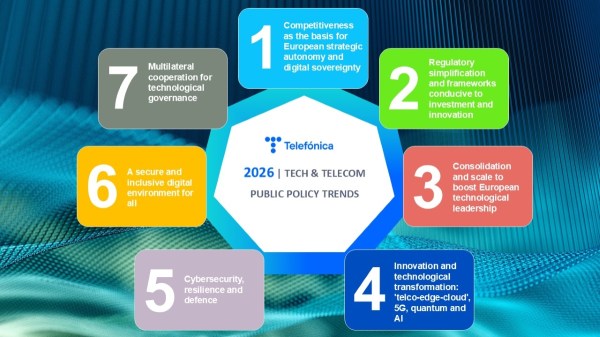Telefónica Brazil is using mobile network Big Data to monitor air pollution in São Paulo (Brazil) and help improve the city’s traffic management and environmental planning. The goal of this initiative is to understand the links and relations between the mobility patterns of the population in São Paulo (about 12 million people) and Madrid, along with the quality of the air and the possible consequences in terms of public health. The trials analyse the city air quality using open data from existing weather stations, air quality sensors and traffic sensors to map the air quality in specific locations and estimate volume and flows of vehicles.
Thanks to mobility data, it has been possible to predict pollution problems up to two days before they occur, allowing the city to take precautions to protect public health, such as guiding traffic via alternative routes and advising vulnerable populations, such as those with respiratory conditions, on areas of high pollution. The mobility data used in the trial also delivered greater granularity and wider reach than traditional fixed air quality and traffic sensors, which are expensive to deploy.

But how does it work?
Algorithms that calculate mobility and traffic estimates and a dashboard that displays pollution level status across the city have been developed and implemented on Telefonica’s LUCA platform. The tool also offers more advanced analysis from machine learning models that provide accurate forecasts and mapping of dangerous NO2 levels, 24 to 48 hours in advance. This time window enables managers to plan accordingly.
GSMA’s Big Data for Social Good
This project is part of the GSMA’s Big Data for Social Good initiative, which was launched in February 2017 and is today backed by 20 mobile operators with a presence in 124 markets around the world. Besides, it is supported by an advisory panel consisting of global agencies and partners, including Data 2X, DIAL, GPSDD, Be He@lthy Be Mobile, OCHA, UN Global Pulse, UNDP, UNHCR, UNICEF, WFP and, most recently, the World Bank.
In order to respond effectively and efficiently to the spread of infectious diseases, pollution, earthquakes and other disasters, governments and NGOs need to know where the impacted people are, in which direction they are moving and how the environment is changing. In this regard, mobile operators can help provide that valuable information, while respecting individuals’ privacy and safeguarding personal data.
The project has enabled mobile operators to jointly establish a common framework and approach to analysing the data captured on operators’ networks to help public agencies and NGOs tackle epidemics, natural disasters and environmental crises. The main goal is to save lives by building an ecosystem to support timely planning and response. According to Mats Granryd, Director General of GSMA:
The GSMA has achieved significant progress in the first trials of its Big Data for Social Good initiative by Bharti Airtel, Telefónica and Telenor, creating a blueprint for future deployments that leverages mobile operators’ big data capabilities to address the Sustainable Development Goals (SDGs). In these trials, operators are capturing anonymised, aggregated mobile indicators in a consistent output format, whilst respecting and protecting the privacy of individuals via an agreed Code of Conduct. The data is then combined with a wide variety of other data types to provide vital insights for public officials and NGOs.
The results of the trials to date, combined with mobile operators’ own initiatives, are providing the basis for the next wave of Big Data for Social Good deployments in 2018, which will focus on disaster preparedness in key countries including Chile, Colombia, Japan, Russia and Turkey.
LUCA’s initiatives & partnership with FAO
LUCA, Telefónica’s Big Data business unit, believes that data can be extremely useful in the development of society. For this reason, they use their own internal data together with external data to give back the value of data to the world, contributing to the Sustainable Development Goals (SDG) set by the UN for 2030.
The business unit is currently collaborating on a wide range of projects which contribute to achieving the SDGs like “Magic Box”, a project led by UNICEF whose purpose is to save lives by optimising responses to public health emergencies and natural disasters, thanks to the collection and analysis of data. Pigram can also be highlighted, it’s a service that allows you to communicate via social networks or send emails without needing Internet access.
Also worthy of note is the new alliance between Telefónica and the United Nations (UN) Food and Agriculture Organization (FAO) to collaborate in the development and implementation of innovation, digitization and data analysis initiatives in the agricultural sector aimed at promoting the development of agriculture, food safety, and nutrition.






